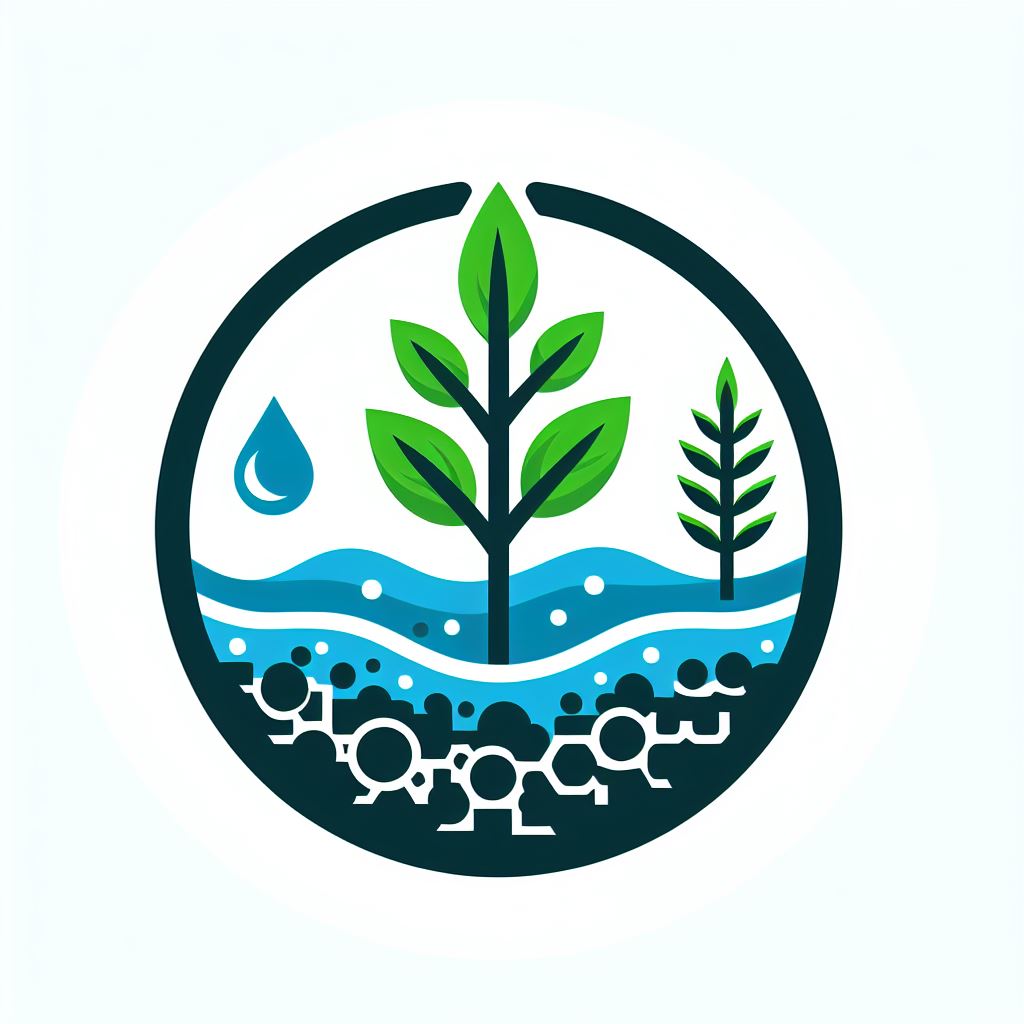Seaweed, harvested from ocean farms, is a rich source of nutrients and can be converted into an effective fertilizer or compost. The process begins with the collection of seaweed, which is then rinsed to remove salt and other marine residues. The cleaned seaweed is shredded and mixed with other organic materials like kitchen waste or garden clippings to create a balanced compost mix. This mixture is then left to decompose in a compost bin or pile. Over time, the action of microorganisms breaks down the organic matter, transforming it into a nutrient-rich compost. This compost, high in nitrogen, potassium, and many trace elements, can be used to enrich soil, promoting plant growth and health. Thus, seaweed, a renewable resource, can be sustainably transformed into a valuable gardening product, closing the loop in a cycle of growth and renewal.
We already have a problem of over-fertilizing our seas and oceans by accident as excess fertilizers are making their ways from our fields into the open waters, this way we can reclaim them and restore the balance in open waters.
